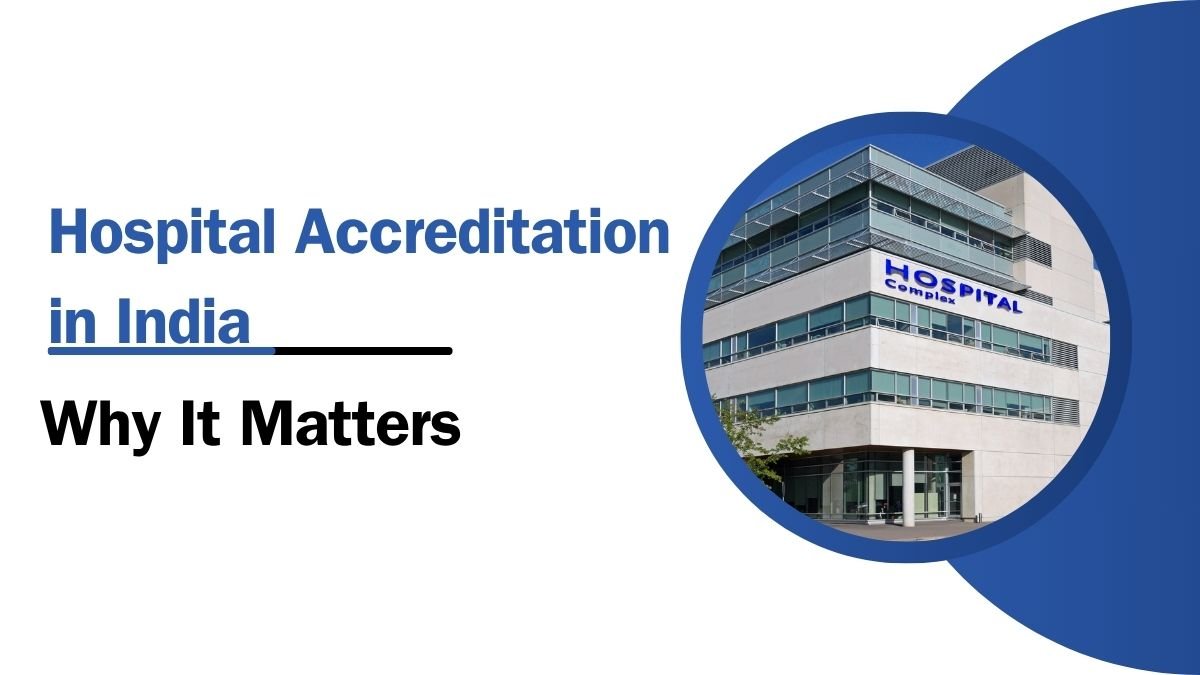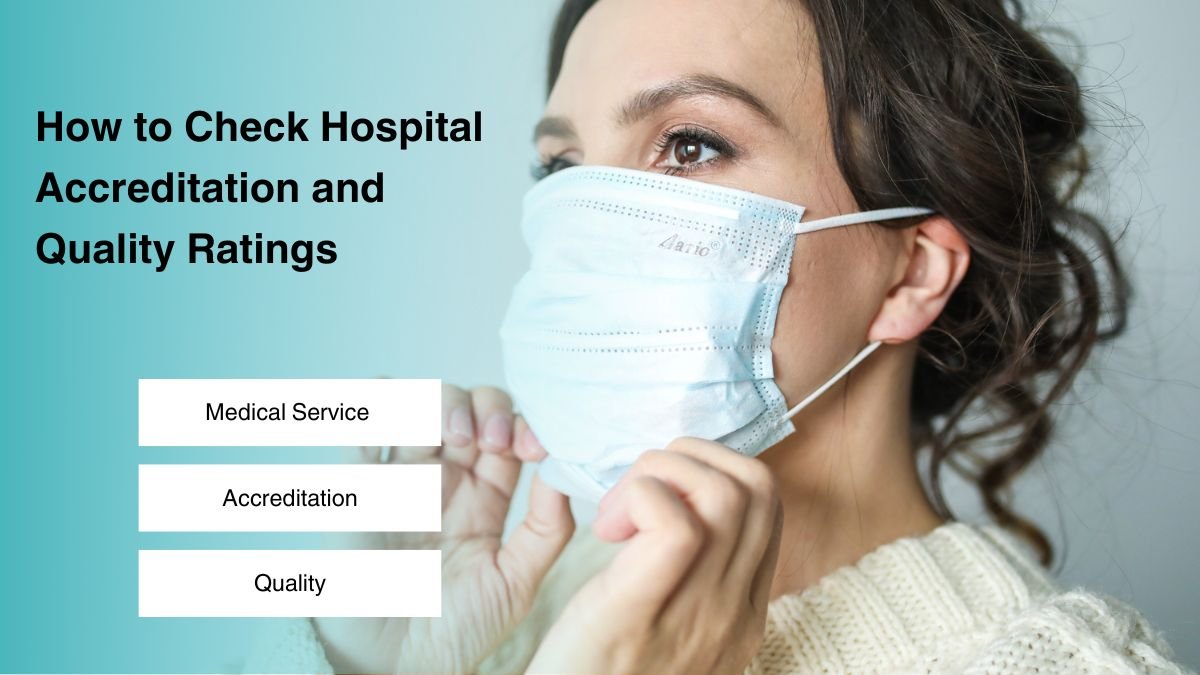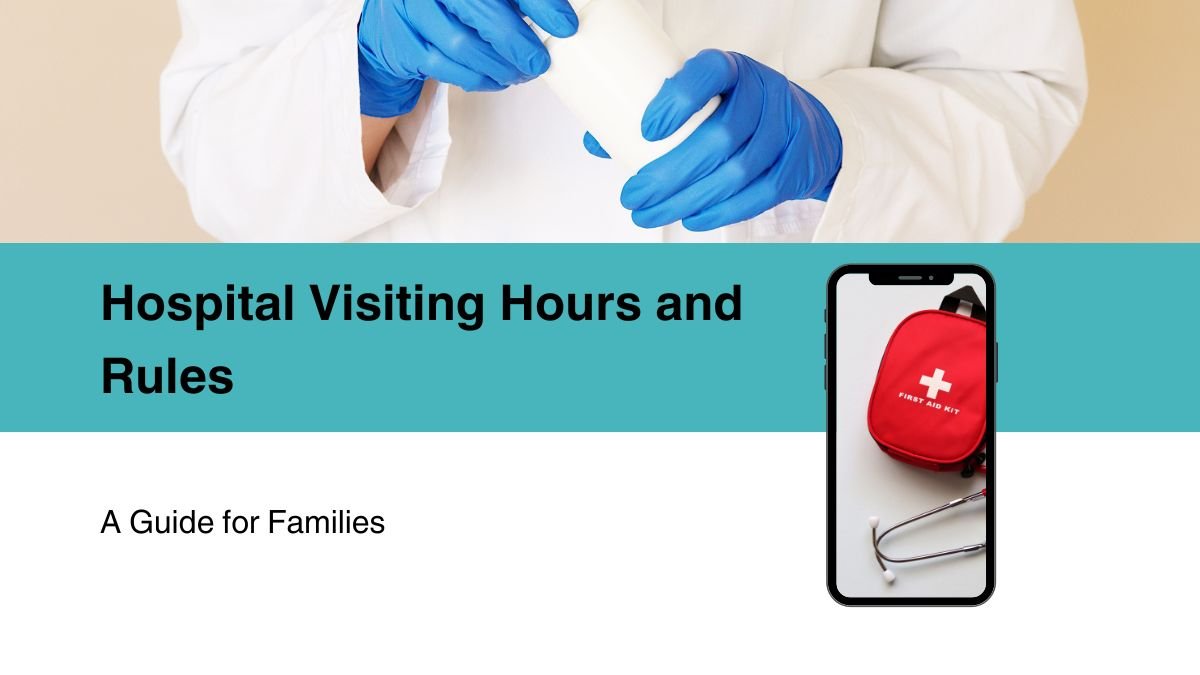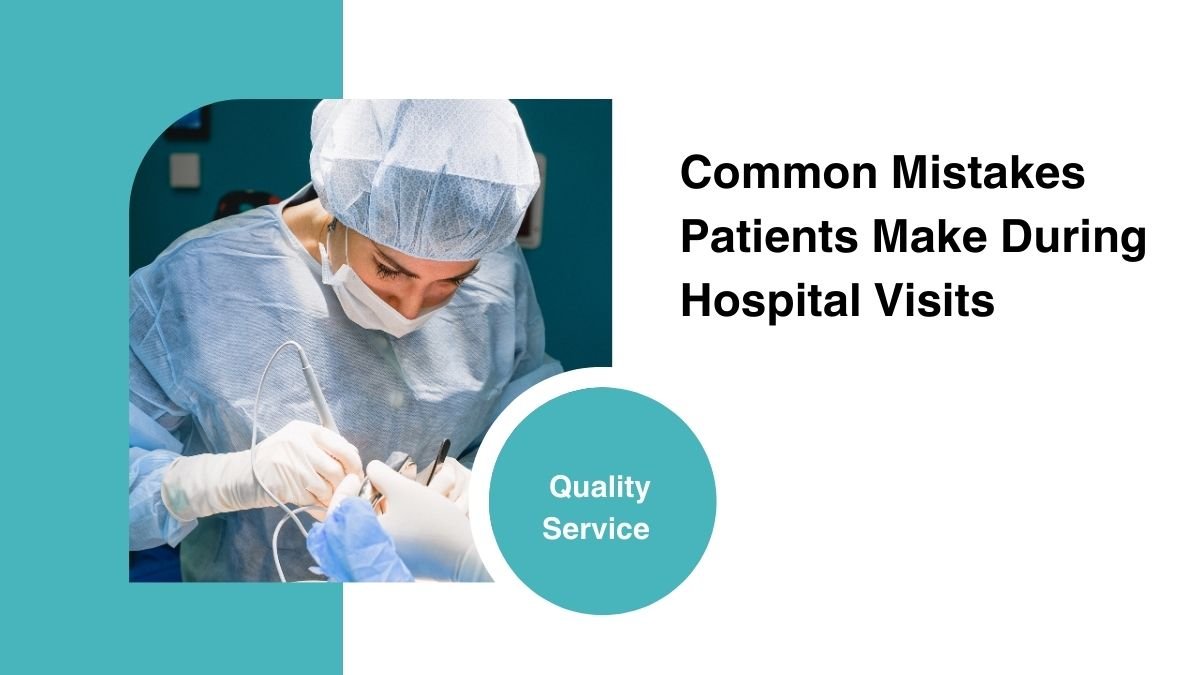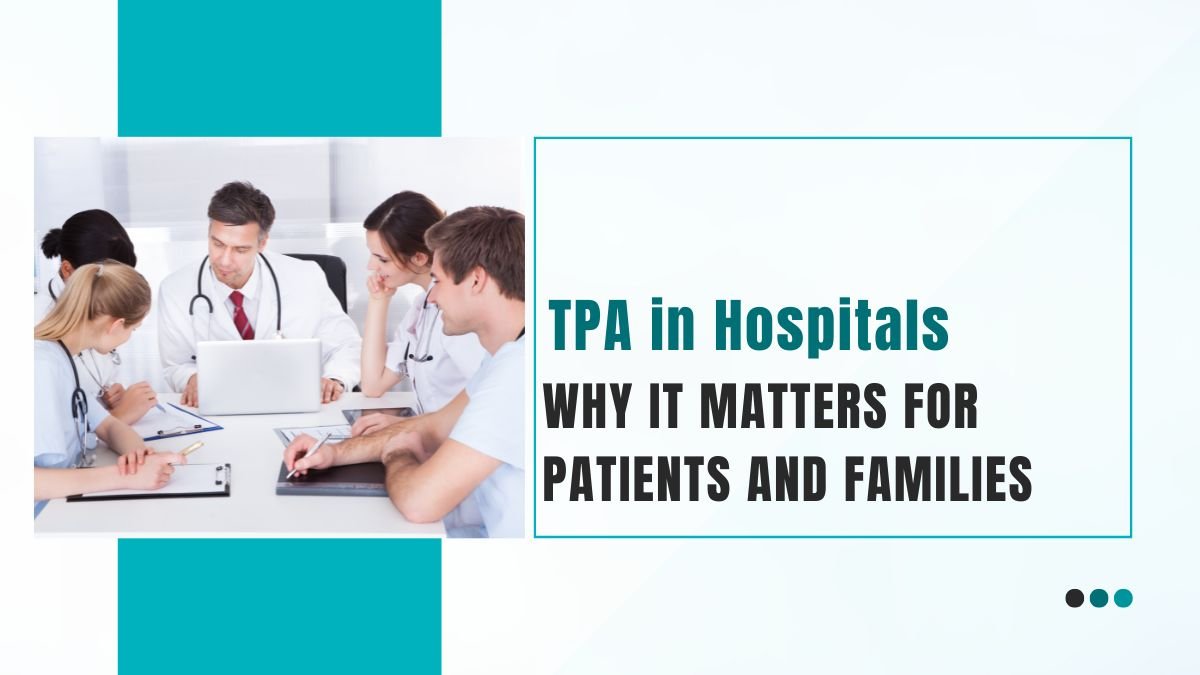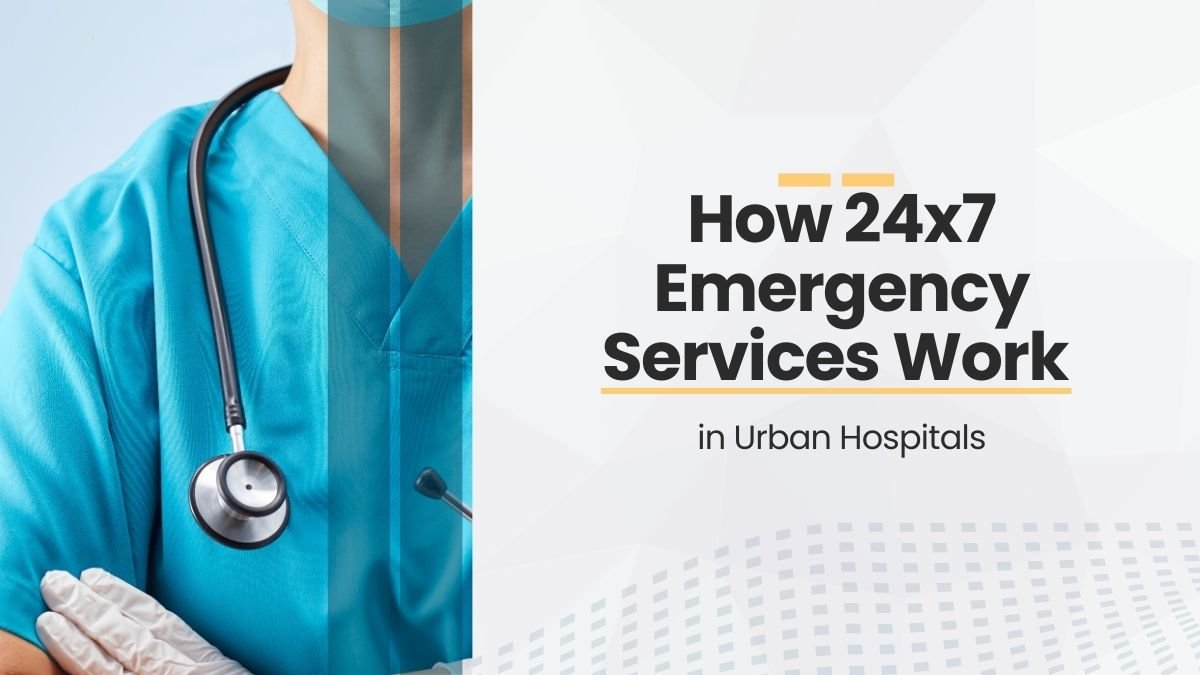Why is accreditation of hospitals important
Whenever we choose a hospital, a question comes to mind—is this hospital trustworthy, is the treatment safe, does the facility work properly? In such a situation, accreditation of hospitals becomes the basis of a big trust. This accreditation shows that the hospital meets the prescribed quality standards, so that the patient remains safe and the treatment is effective.
Importance of accreditation – why is it important?
1. Quality Assurance
In an accredited hospital, clean processes are implemented in all areas like treatment, medicine, operation, cleanliness, staff training. This increases the trust in the patient’s report, medicines, and treatment. The patient knows that the treatment is reliable and verifiable.
2. Patient Safety
Protocols are strictly implemented in accredited hospitals.
- Cleanliness of operation theatre
- Exchange the injection before post
- There should not be wrong dosage of medicines
- Patient’s identity should be checked
These safety rules reduce the chances of error in diagnosis and patients staying in the hospital remain safe.
3. Trust and Credibility
When a hospital gets accreditation from an organization like NABH or JCI, people’s trust increases. Patients think that the treatment here will be of top level quality and the treatment will be safe.
4. Regulatory Compliance
The government and rule makers believe that an accredited hospital meets both legal and ethical standards. This protects hospitals from judicial obligation and fulfills the conditions of government recognition.
Who are the organizations that give recognition?
- NABH—National Accreditation Board for Hospitals & Healthcare Providers
This is the most recognized board in India that sets standards in every area including mind, heart, cleanliness, staff training, patient concerns. - JCI—Joint Commission International
This is an international body that inspects and accredits hospitals around the world, and many major hospitals in India are also JCI accredited.
Benefits to hospitals: Benefits of getting accreditation
1. Operational Improvement
- Systems are streamlined
- Staff training is received
- Daily tasks are easier and quicker
2. Market Advantage
- Patients will believe—this hospital is trustworthy
- Hospital’s reputation will increase and the number of patients will increase
3. Access to Funding
- Insurance companies and government health schemes often give more priority to accredited hospitals
- If there is no accreditation, sometimes there can be difficulty in getting refund or assistance
There are also challenges—know what is difficult for hospitals
1. Cost and Resources
The process of getting accreditation is expensive. Hospitals have to invest in staff, training, new systems and equipment.
2. Continuous compliance (Continuous Compliance)
Once you get accreditation, it is not complete. Continuous compliance of rules, periodic inspections and keeping up to date with updates are a must.
How does accreditation benefit both hospitals and patients?
- Reliability of treatment increases
When you get admitted to a hospital, you want to know that every procedure is safe—from birth to surgery. - Quality of service improves
Patients get treatment quickly, doctors treat in an approved manner, and the hospital system remains well organized.
Accreditation Process and More – How to get accreditation?
- Self-Assessment: The hospital itself inspects the gaps
- Planning and improvement: Address the gaps
- Training team: Train the hospital team
- Document preparation and inspection: Send documents for physical inspection
- Review and inspection: The institution comes, the hospital is inspected
- Accreditation and inspection report: If successful, accreditation is granted
Does accreditation reduce costs?
Yes,
- Infection control is implemented properly in threats like COVID
- Patients recover quickly and do not get readmitted
- International standard medicines and treatment are available from the hospital
- This reduces the cost of treatment
A patient’s story – How an accredited hospital built trust
Rahul was looking for a hospital to treat his mother. — If the hospital is NABH or JCI accredited, then the treatment fees may be higher, but Rahul himself experienced that in this hospital:
- Medicines are available on time and correctly
- I had met the doctor earlier but the place was unhygienic, then I was afraid of getting treatment, but here cleanliness and rules are all followed properly
So Rahul trusted the hospital after seeing its face and got 100% satisfaction from the treatment.
Future direction – How will hospital accreditation increase?
- Now technologies like digital systems, AI-based protocols, data analytics are being included in accreditation in hospitals
- Online opinions of patients, feedback systems and quality reviews are being made part of the accreditation process
- Accreditation is also being made a mandatory condition in government schemes, like in Ayushman Bharat. Accredited hospitals will get preference
Conclusion — This is the trusted identity of the hospital
Finally, we can say that hospital accreditation is not just a name, but it is a message of quality, safety, trust and stability.
When hospitals follow high standards:
- Treatment of patients is safe
- Hospital reputation increases
- Health system becomes stronger
So whenever you choose a hospital, check whether it is NABH or JCI accredited or not — this can decide the direction of your treatment.
